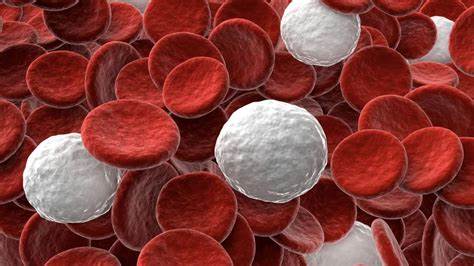
Exploring the Potential Relationship between CBD and Insulin
CBD (cannabidiol) has gained significant attention for its potential therapeutic benefits. As research on CBD continues to expand, there is growing interest in its potential impact on insulin and glucose metabolism. In this article, we will explore the current understanding of the relationship between CBD and insulin, discussing the existing research and its implications for individuals with insulin-related conditions.
Understanding Insulin and Glucose Regulation: Insulin is a hormone produced by the pancreas that plays a vital role in regulating blood sugar (glucose) levels. After a meal, the pancreas releases insulin to facilitate the uptake of glucose into cells for energy production. Insulin helps maintain glucose homeostasis by promoting glucose storage in the liver and muscles and inhibiting the release of stored glucose from these tissues.
CBD and Insulin: Current Research and Findings: While research on the direct effects of CBD on insulin is still emerging, here are some key findings and potential implications:
-
Anti-inflammatory Effects: CBD has been shown to possess anti-inflammatory properties. Chronic inflammation can lead to insulin resistance, a condition where the body's cells become less responsive to insulin. By reducing inflammation, CBD may indirectly support insulin sensitivity, potentially benefiting individuals with insulin resistance or type 2 diabetes.
-
Regulation of Appetite and Weight: CBD may influence appetite and body weight, which can have implications for insulin regulation. Some studies suggest that CBD can help regulate appetite by interacting with receptors in the endocannabinoid system, potentially reducing overeating and excessive calorie intake. Maintaining a healthy body weight is important for insulin sensitivity and overall metabolic health.
-
Potential Effects on Insulin Production: Early studies in animal models have shown promising results regarding CBD's impact on insulin production. CBD has been found to promote the survival and functionality of pancreatic cells responsible for producing insulin. This suggests that CBD may have the potential to support the maintenance of adequate insulin levels in the body.
-
Stress Reduction: Chronic stress is known to affect insulin sensitivity and glucose metabolism. CBD has been studied for its potential stress-reducing effects, which may indirectly support insulin regulation. By reducing stress and promoting a more balanced stress response, CBD may contribute to improved insulin sensitivity and glucose control.
Considerations and Future Research: It is important to note that the current research on CBD and insulin is limited, and more studies are needed to fully understand the mechanisms and therapeutic implications. Here are some important considerations:
-
Individual Variations: CBD's effects on insulin and glucose metabolism may vary among individuals due to factors such as genetics, overall health, and existing conditions. It is essential to monitor the body's response to CBD use and consult with a healthcare professional if any concerns arise, particularly for individuals with insulin-related conditions.
-
Dosage and Administration: CBD dosage and administration methods can significantly impact its effects. Optimal dosage and administration may vary depending on the desired outcomes and individual factors. Working with a healthcare professional experienced in CBD use can provide guidance on appropriate dosage and administration methods.
-
Comprehensive Management: CBD should not be seen as a standalone treatment for insulin-related conditions. It is important to approach CBD as a complementary aid within a comprehensive management plan that includes proper diet, regular physical activity, medication (if prescribed), and lifestyle modifications. Collaborating with healthcare professionals is crucial for developing an individualized approach.
Conclusion: While research on the direct effects of CBD on insulin is still in its early stages, preliminary findings suggest that CBD's anti-inflammatory effects, potential regulation of appetite and weight, and its impact on stress reduction may have implications for insulin sensitivity and glucose metabolism. However, further research is needed to fully understand the specific mechanisms and therapeutic applications of CBD in insulin-related conditions. Individuals with insulin-related conditions should consult with healthcare professionals before incorporating CBD into their treatment plan.


